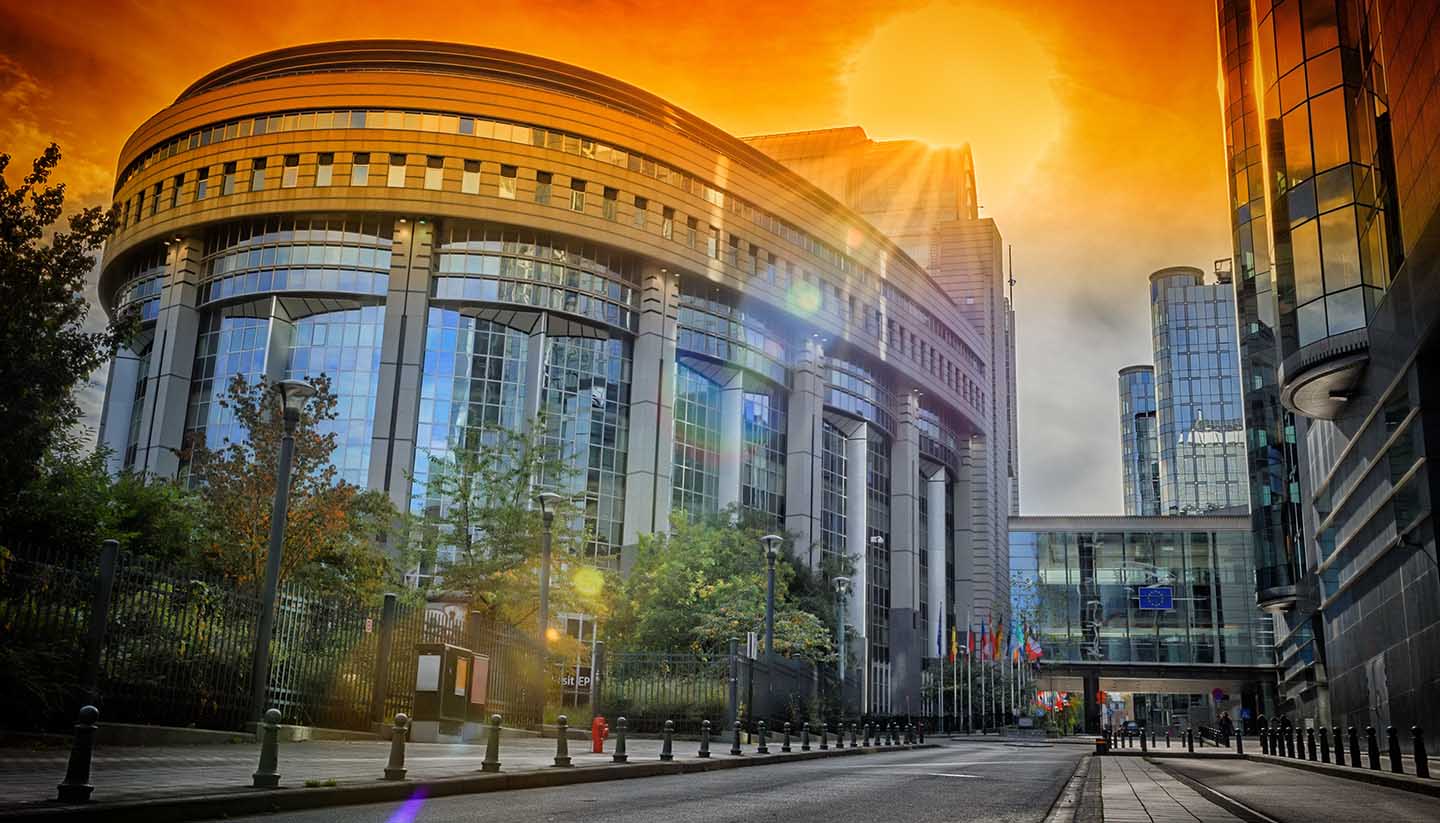Brussels History
Brussels has many claims to fame but one of the least known is that it was founded by a saint. In AD695, Saint Gery built a chapel on the banks of the Senne River at a point now called Place Saint Gery. But the city of Brussels didn’t officially become a city until 979 when Charles, Duke of Low Lotharingia set down Brussels’ first city charter.
Thanks to its riverside setting, it swiftly became a trading centre and almost as quickly, acquired two sets of city walls. Years later they would come to need them.
But in the 12th century, all was peaceful, and Brussels became the capital city and ducal seat of the Duchy of Brabant. During this period, Brussels exported luxury items such as fabrics and tapestries to Paris and Venice to decorate the homes of royals and aristocrats.
After temporarily falling out of favour in the 15th century, its fortunes were restored in 1519 when Charles V became Holy Roman Emperor. But with increasing importance came rising strife and in 1695, the bombardment of Brussels by King Louis XIV of France left the Grand Place in ruins and a third of the city’s buildings reduced to rubble.
French troops took over once again between 1746 and 1748. The Brabant Revolt followed in 1788 before Brussels was overrun during the Napoleonic era.
Brussels, which had been capital of the United Kingdom of the Netherlands, finally got its independence along with the rest of Belgium in 1830.
Under King Leopold I, Brussels was reshaped with the old walls destroyed and replaced with wide boulevards. With more space, the population exploded and by the turn of the century, the city was home to more than 200,000 inhabitants.
But once again, Brussels was to be thrown into turmoil when the Germans invaded twice within 20 years. Nevertheless, the hard times were to change its fate forever and in the post-war world, Brussels has become central to a new project – the grand European dream.
Did you know?
• Brussels is home to Europe’s oldest shopping arcade, Galerie St Hubert, which dates back to 1847.
• The earliest buildings in Brussels date back to AD 679.
• Though the Mirror Room in the Royal Palace of Brussels was first installed under Leopold II of Belgium (1865-1909), the million or so jewel beetle carapaces that adorn the ceiling weren’t added until 2002.



